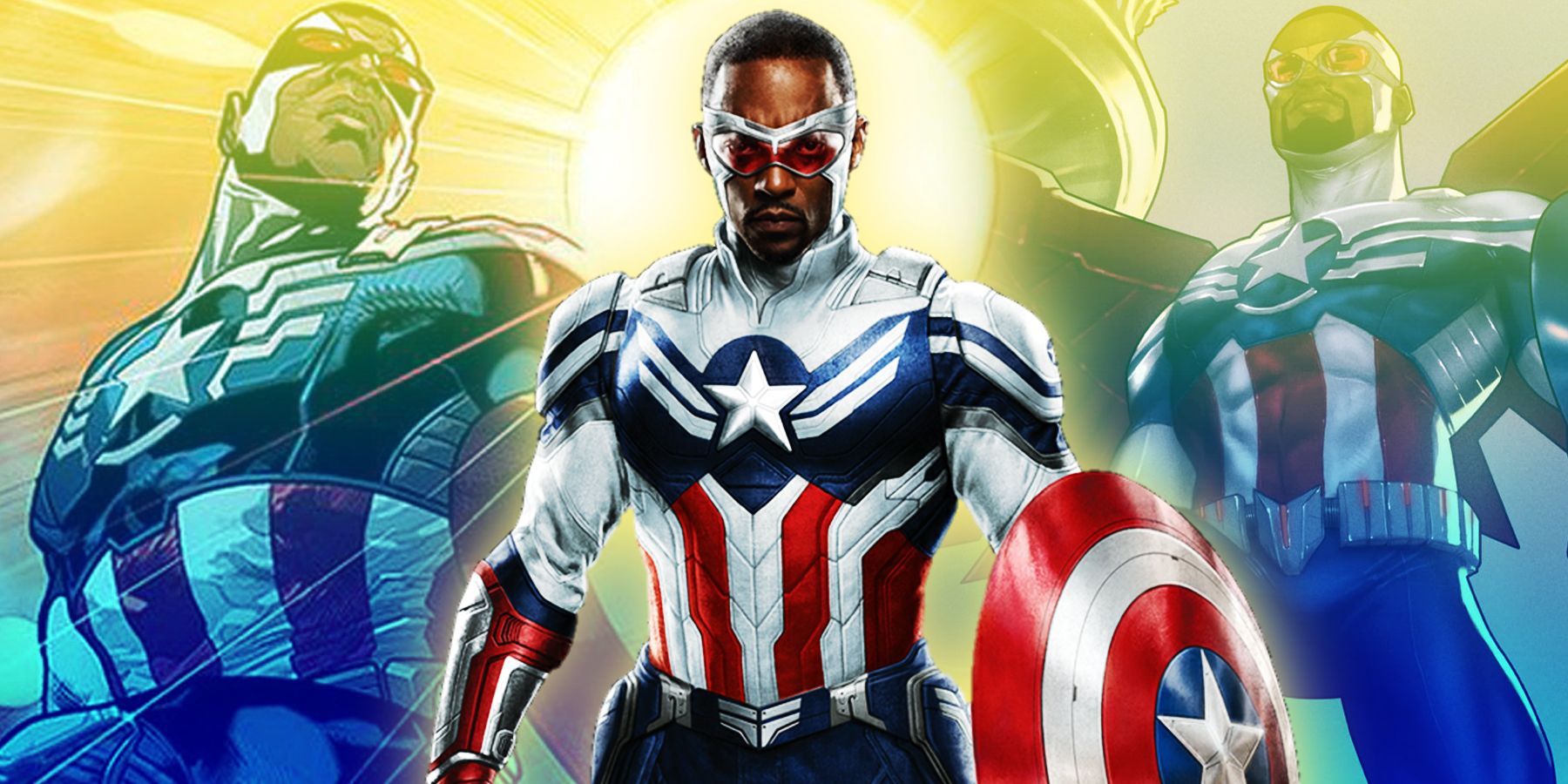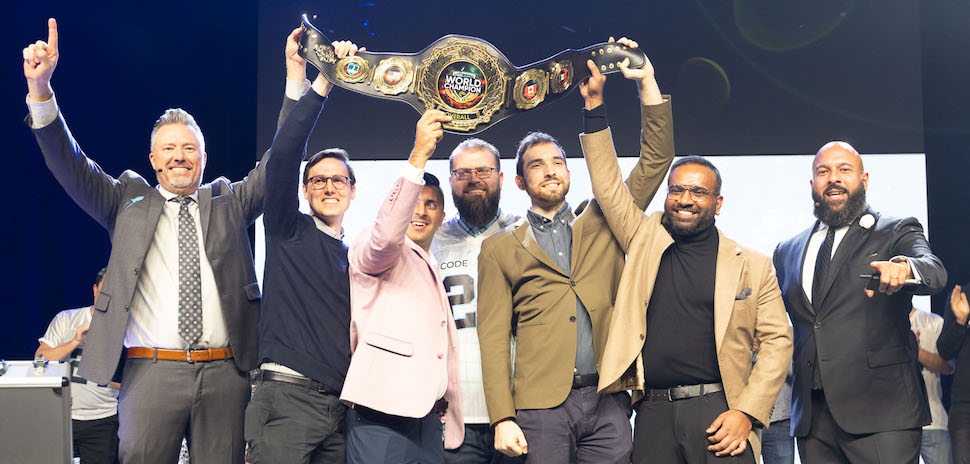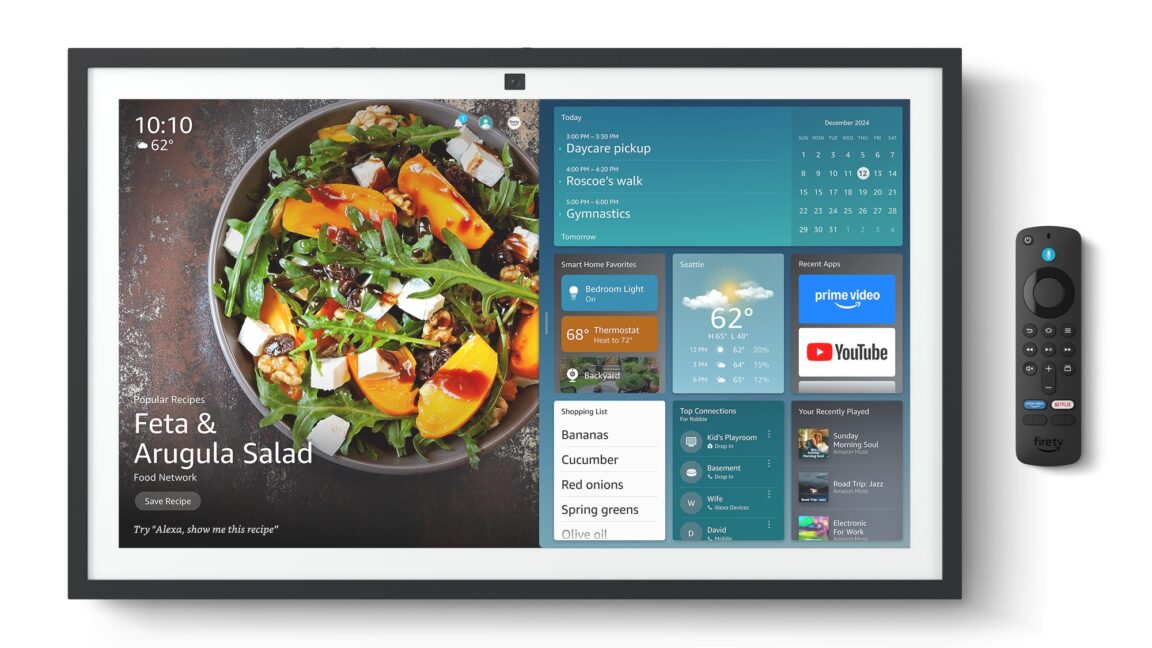Jobs
6 Job Interview Lessons From Kamala Harris’ VP Selection Process

PHILADELPHIA, PENNSYLVANIA – AUGUST 6: Democratic presidential candidate, U.S. Vice President Kamala … [+]
When it comes to job interviews, the stakes don’t get much higher than interviewing to be the running mate of a presidential candidate. After only two short weeks into her lightspeed presidential candidacy, Democratic presidential nominee Kamala Harris selected Minnesota governor Tim Walz as her running mate on Tuesday after meeting with the top three contenders on Sunday.
According to The Washington Post, only a handful of her closest, trusted aides were privy to what was said behind closed doors during and after those meetings. Although plenty has been reported about how Harris came to her choice, few will ever know exactly which specific political, electoral, and personal considerations ultimately tipped the scales in favor of Walz. However, according to NBC News, Harris chose Walz in part “because they clicked during an in-person interview on Sunday and it came down to trusting her gut.”
Regardless of your political affiliation or opinions of Walz, Josh Shapiro, or Mark Kelly (the final three contenders she met on Sunday), reports of how those final candidate conversations unfolded serve as good reminders of six job interviewing dynamics to keep in mind whenever you’re interviewing for any job.
Disclaimer: my comments below are a career and personal branding piece focused on the job interviewing lessons we can glean from what’s been publicly reported by news outlets including CNN, The New York Times, The Washington Post, NBC News, ABC News, Politico, the AP, and others about Harris’ final round of vice-presidential candidate interviews. My intent is not in any way to critique any of the candidates or wade into the politics involved.
1. Conversations Drive Final Decisions
Businesswoman shaking hand with new client in modern office.
It’s safe to assume the vice presential running mate vetting process is one of the most selective involving thorough background checks, focus groups, multidimensional assessments, and rigorous research. These deep dives into a candidate’s experiences and personal history are helpful to create a short list of top candidates. However, according to The Associated Press (AP), Kamala Harris did not make her final running mate decision until Tuesday morning after in-person interviews with Walz, Kelly, and Shapiro the preceding Sunday.
According to recruiters, in-person interviews, not your candidacy on paper, are often the deciding factor in most job application processes. Hiring decisions are typically made only after the candidate and hiring manager(s) have had an opportunity to speak face-to-face. From a candidate’s point of view, interviews are yet another hoop to jump through during an involved job application process. However, interviews still represent your best opportunity to showcase your interests and qualifications that get you a job offer.
2. Role Focus Is Critical
Female managers working together on new project
According to sources cited by CNN, Walz made it very clear during this conversation with Harris that he was only interested in the role of vice president, not president. On the other hand, Shapiro, one of the final three candidates Harris ultimately did not pick, reportedly asked many specific questions about the role a vice president would play in Harris’ administration, which, according to CNN, seemed to be “overly ambitious” to the Harris team.
In other words, Shapiro’s questioning may have come across as him trying to negotiate the terms of the role beyond the scope of a vice president’s traditional responsibilities. Whether this was or was not the case, it reminds us that when interviewing, a singular focus on the key responsibilities and roles outlined in a job specification—nothing more and nothing less—demonstrates a candidate is fully aligned with the role they’re interviewing for and what they’re being asked to do.
3. Sharing Weaknesses Is A Strength
Asian male new graduate in job interview with business executive
CNN also reported that Walz openly admitted to Harris he wasn’t a good debater and wasn’t good with teleprompters. These admissions not only brought a bit of levity into the conversation but also demonstrated he was comfortable and confident enough to share his shortcomings. That contributed to a member of Harris’ vetting team characterizing Walz’s final interview with Harris as “a home run.”
During job interviews, candidates may feel the need to come across as extremely polished, prepared, and professional. However, people also understand and expect candidates are not without flaws. Instead of hiding these weaknesses, openly and transparently acknowledging they exist demonstrates a self-awareness and desire to address them.
4. Enthusiasm Goes A Long Way
Business people shaking hands in the office.
NBC News reported “Shapiro was seen as the front-runner from the beginning” and Kelly had “the most impressive resume of any candidate.” However, according to Politico, after his Sunday meeting with Harris, Shapiro conceded he was “struggling with the decision to leave his current job as governor of Pennsylvania” as he weighed up the possibility of being Harris’ vice president.
On the other hand, according to CNN’s reporting, it seemed Walz was very comfortable being #2 on the ticket, with Harris at the top of the ticket and him enthusiastically carrying out his duties as her #2, carrying out his vice-presidential duties only in ways she would find helpful.
If two candidates on paper are comparably qualified, enthusiasm and excitement can tip the scales. While skills and qualifications absolutely matter, eagerness and a can-do attitude are priceless, especially in demanding roles.
5. Fit Matters Above All Else
Job HR applicants having an interview with Human resource manager
Even before the final round of interviews Harris conducted, it was widely reported she cared as much about personal fit as she did about the electoral map. Politico reported that while Walz’s biography resonated with Harris, she ultimately just “really liked him” despite the two having limited interactions in the past. In fact, according to a source cited by CNN, “everyone loved him” in the room.
The rapport and chemistry between Harris and Walz is a good reminder that positively connecting with your interviewer can quickly escalate you as a job candidate. Ultimately, a hiring manager is looking for someone who makes their life at work more enjoyable and manageable, someone pleasant to be around, and someone with whom they can get along during the ups and downs of any stressful job.
6. Interviews Narrow The Playing Field
Woman having job interview at the modern office
If you go back to when Harris first stepped into her presidential candidate role in late July, Walz wasn’t often mentioned as a potential contender amongst political pundits. Instead, people like Gretchen Whitmer, J.B. Pritzker, Andy Beshear, Pete Buttigieg, Roy Cooper, Shapiro, and Kelly came up more often. While The Washington Post reported Walz had been on the radar of the Biden-Harris team for a year, by most accounts, his meteoric ascension to be a top contender began after he appeared on MSNBC’s Morning Joe in late July.
Job candidates, especially those entering new industries or roles, may feel they’re no match for other seemingly more well-qualified candidates on paper. However, you never know how one conversation, whether an informal informational chat or a more formal job interview, can completely change the trajectory of your candidacy.
Whether you’re applying for a high-profile role as vice president of a country or your first entry-level job, the human dynamics at play when you’re sitting down with a hiring manager to discuss the role and your candidacy aren’t radically different. Yes, educational, technical, and professional qualifications do matter. But don’t forget that personal chemistry, professional fit, and emotional rapport can ultimately tip the scales in your favor.










